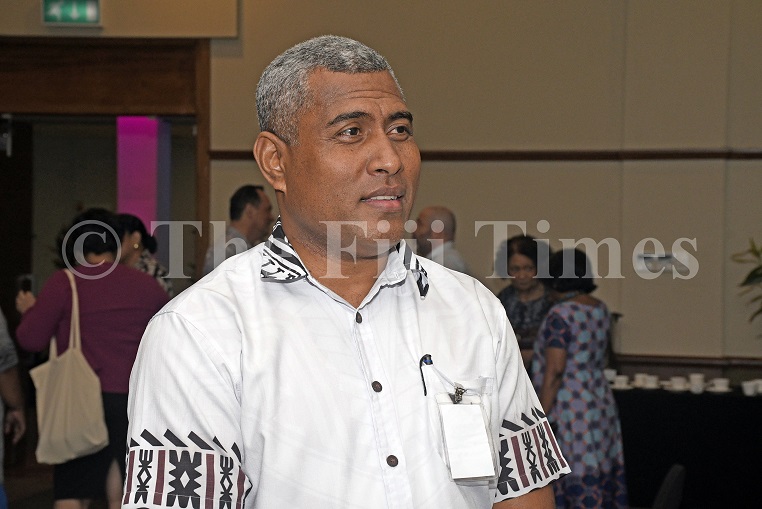Some Legal Aid Commission lawyers are handling over 400 case files each.
This was revealed by commission director Seremaia Waqainabete at the Fiji Law Society’s inaugural pro bono roundtable discussions in Suva on Saturday, saying the highest number was 456.
He said the 108 lawyers on their payroll were often flooded by requests for legal services, leading to a mounting workload and eventually overwork.
“You may think that is more than enough, but when, we look at data and applications, just in this financial year, and we haven’t finished yet, from August to now, we have received about 18,000 applications,” he said.
He admitted the workload affected the quality of their work and service delivery.
To help curb such issues, Mr Waqainabete said they had made a proposal for an increase in funding for the commission to help address those longstanding issues.
“To tell you this afternoon, some of our lawyers are handling more than 400 files. I think the highest is 456. And looking at the workload and considering the effectiveness of our work and quality of our work, we are inefficient in terms of service delivery.”
Mr Waqainabete said managing such a high workload often meant that the quality of the work was also compromised.
“Such is the workload that we have.”
To help curb such issues, Mr Waqainabete said they had made a proposal for an increase in funding for the commission to help address these longstanding issues.
“In terms of budget, for the Legal Aid Commission, we are expecting that we will be assisted more this year compared to last year, given the workload that we have.
“Realistically, that is the demand that we have, but there are things beyond our control.”
Mr Waqainabete said matters were often referred to them for representation by the courts, which were directives and could not be turned down.
“On the other hand, our resources are limited, there are budget constraints, so we are hoping for an increase, not excessively, but adequately.”



